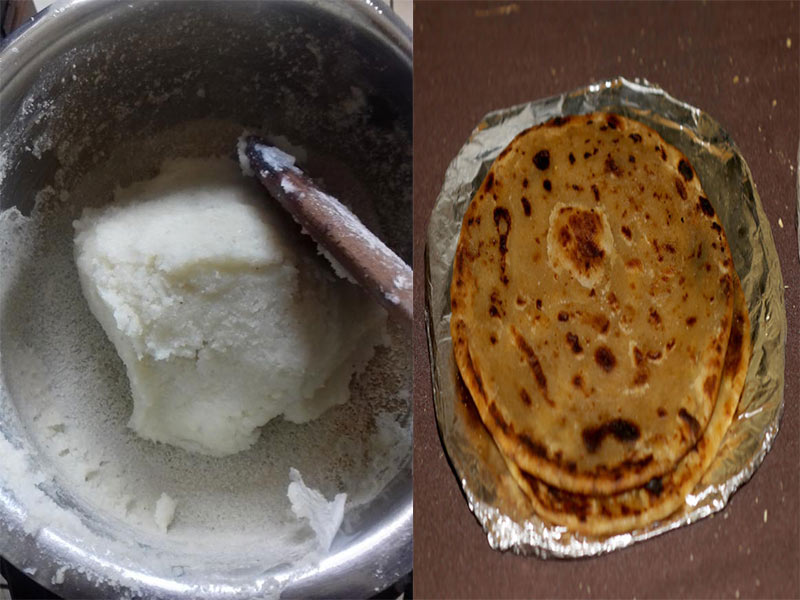×
The Standard e-Paper
Smart Minds Choose Us

Only 28 per cent of maize and wheat flour on supermarket shelves meets the stipulated standards of micro-nutrient quantities, a Government survey has revealed.
Micro-nutrients are chemical elements or substance required in trace amounts for normal growth and development of living organisms.